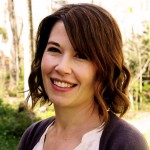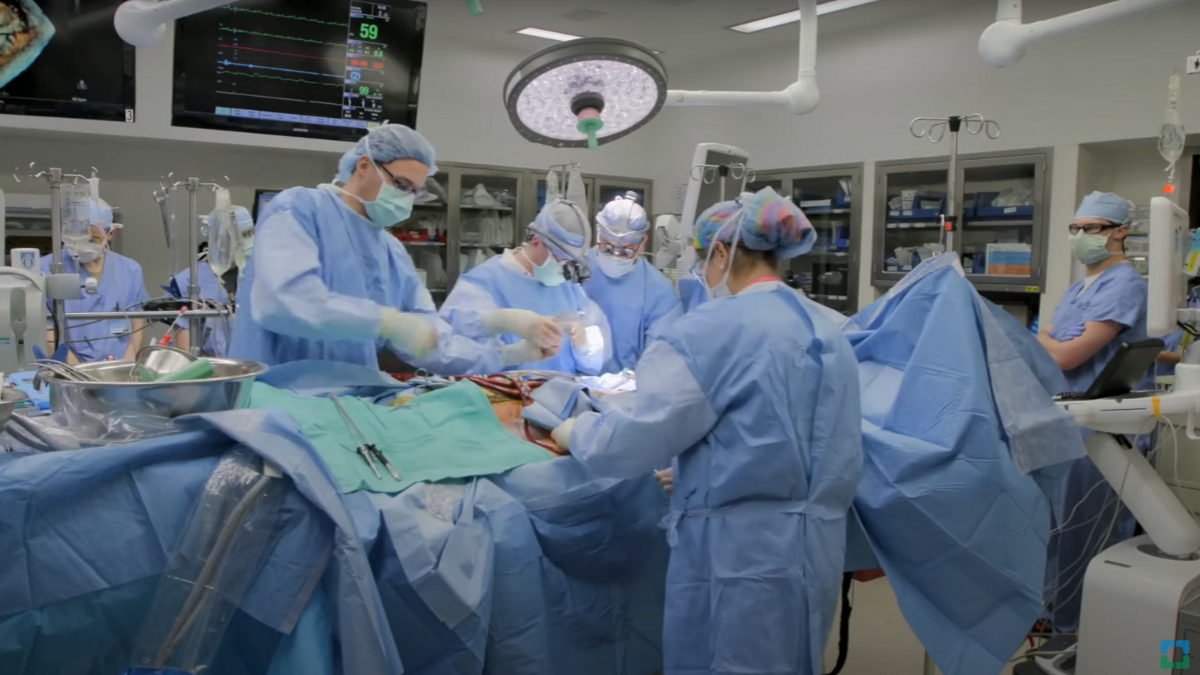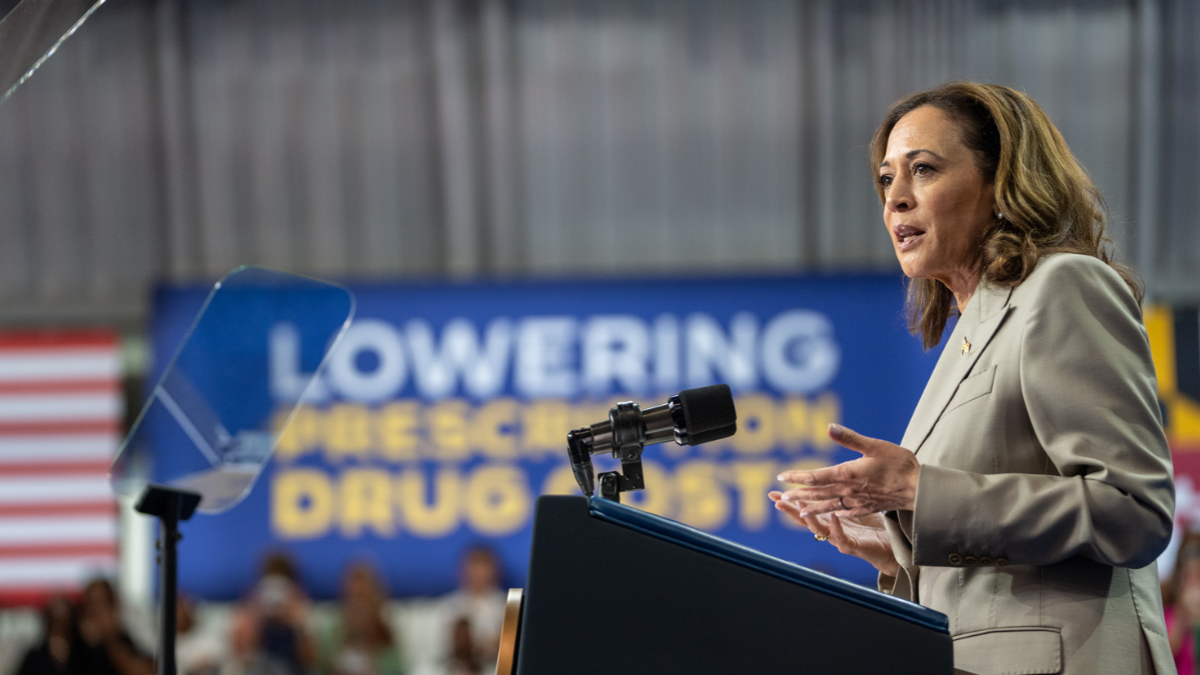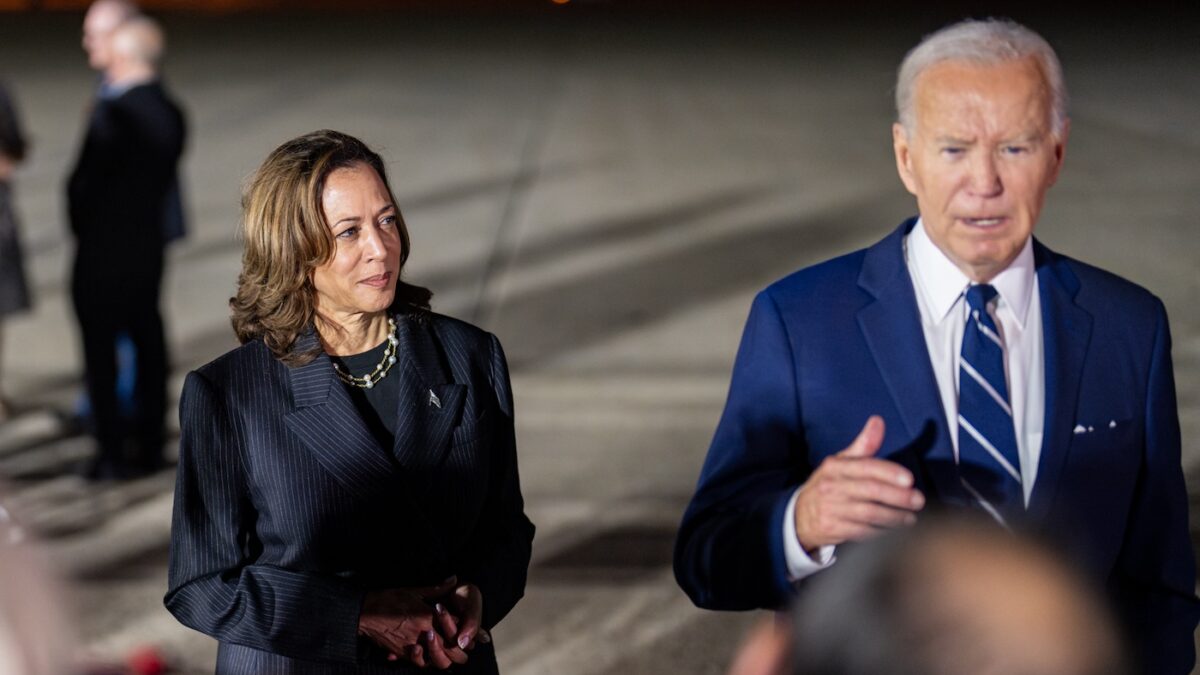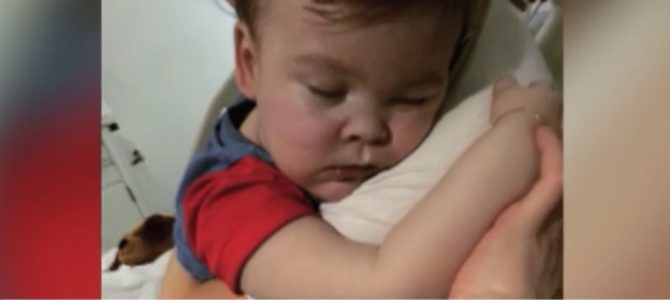
In the debate surrounding Alfie Evans, a British toddler who died this weekend after hospitals refused to treat him, some defend the British government’s right to substitute its judgment for that of Alfie’s parents. These people argue children are not the “property” of their parents, but that states should ultimately be responsible for their welfare.
I’m sure these people think they’re making a reasonable and enlightened case. Still, I wonder if they’ve ever seen their own argument applied to the real world. I have. I got my first real glimpse of it 22 years ago on a trip to Romania, a country liberated from communism just a few years earlier.
There I first met the children who belong not to parents, but ostensibly to “society.” They were warehoused in ugly metal cribs, several to a room, eerily silent, staring up at me with deadened eyes. They were the legacy of a dictator who promised parents a wonderful future for their children, if they’d let the state house them in “Children’s Homes” and raise them to be good communist citizens. The result was a slew of hellish orphanages throughout Romania, and an epidemic of child abandonment that continues to this day.
These are extreme examples. But show me a child anywhere in the world who is cared for by the state, and I’ll show you a child receiving inadequate care. “Children don’t belong to their parents; they’re society’s responsibility” may sound good in theory. But as a collective, society is completely useless at giving individual children what they need.
The collective doesn’t give hugs and kisses. It won’t show up every morning to cook your baby’s breakfast. It can’t plan your daughter’s birthday party, pay careful attention to little changes in her health, or rock her to sleep when she’s frightened or ill. In practice, “belonging to society” simply means a child belongs to no one at all. It is one of the worst fates that can befall a child.
People try to make the case against parental rights by pointing out that children aren’t the “property” of their parents. This is a straw-man argument, of course. No reasonable person contends that children are property. But let’s think clearly.
Children are not adults. They don’t need what adults need. Adults thrive on freedom and independence; a young child left to be free and independent would die. Someone has to be each child’s caregiver. Someone has to be his advocate. Someone has to be the one who looks out for him, and only him, above anyone else.
The only question before us is this: who will that person be? We talk about “the child’s best interest” as if that were a clear-cut standard, but someone has to be the one to determine what that “best interest” actually is. Whom can we trust to genuinely have each child’s best interest at heart? In nearly every case, would it not be his own parents, who have known and loved him since before he was born? A parent would willingly sacrifice his own life for his child. A judge or bureaucrat is unlikely to sacrifice even his job.
Now, of course some parents fail in this sacred responsibility. Some parents shamefully neglect and abuse their children. In these exceptional cases, it is certainly the state’s job to intervene. When it does, the state’s main task should be not to appoint itself as the child’s indefinite caregiver, but to transition that child as quickly as it reasonably can to a permanent family setting, whether with relatives or an adoptive family.
Unless and until a parent has been proven unfit, however, the state’s principal task is to acknowledge, protect, and defer to the sacred bond between parent and child. Doctors may be the experts at medicine (and even then, they often err), but parents are the experts at loving and protecting their individual children.
If you think you care more about Evans’ suffering than his own mother who grew him inside her body, more than his own father who sits by his bedside every hour, I have two words for you: you don’t. If you think you know more about his quality of life or his feelings than the two people who have nurtured him every day of his life: you don’t.
If you think he, and other children like him, would be better off without parents loving them as the individuals they are, and fighting for them every day: you could not be more wrong.
